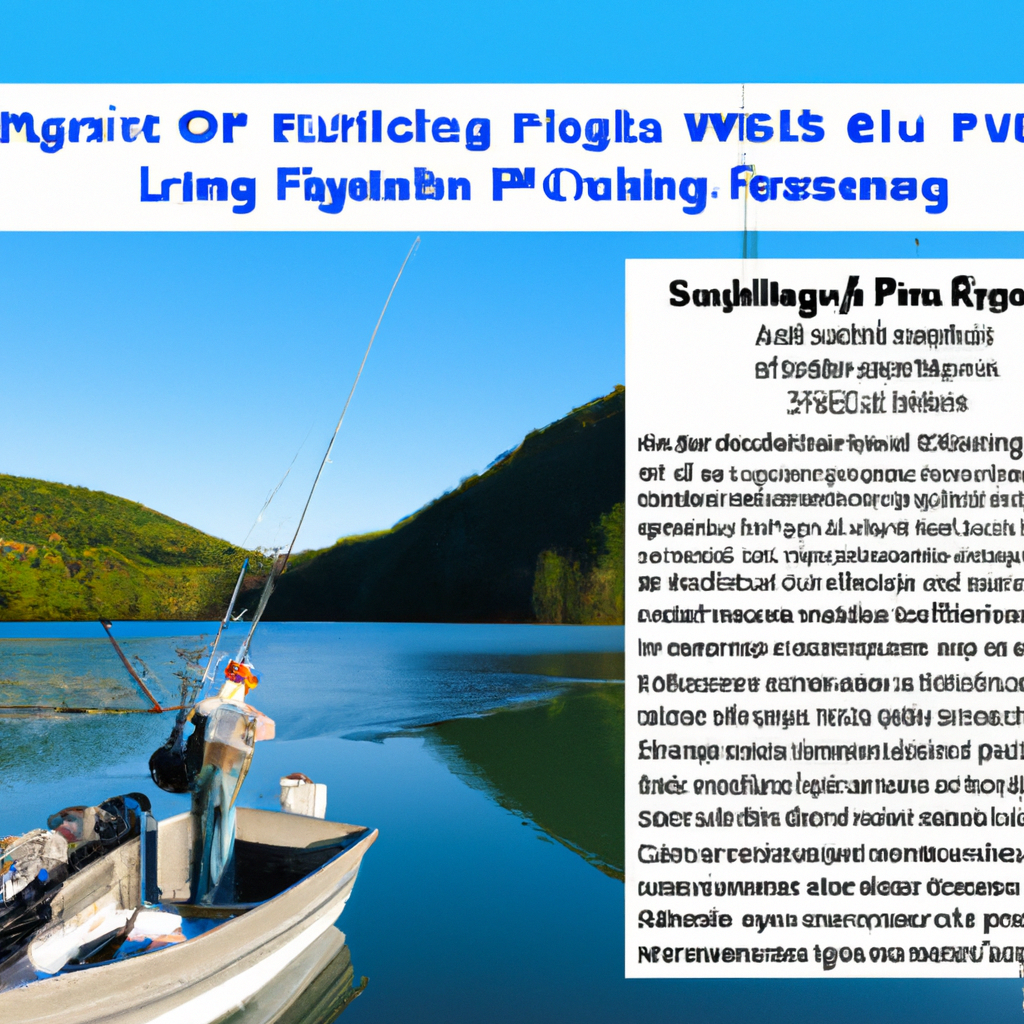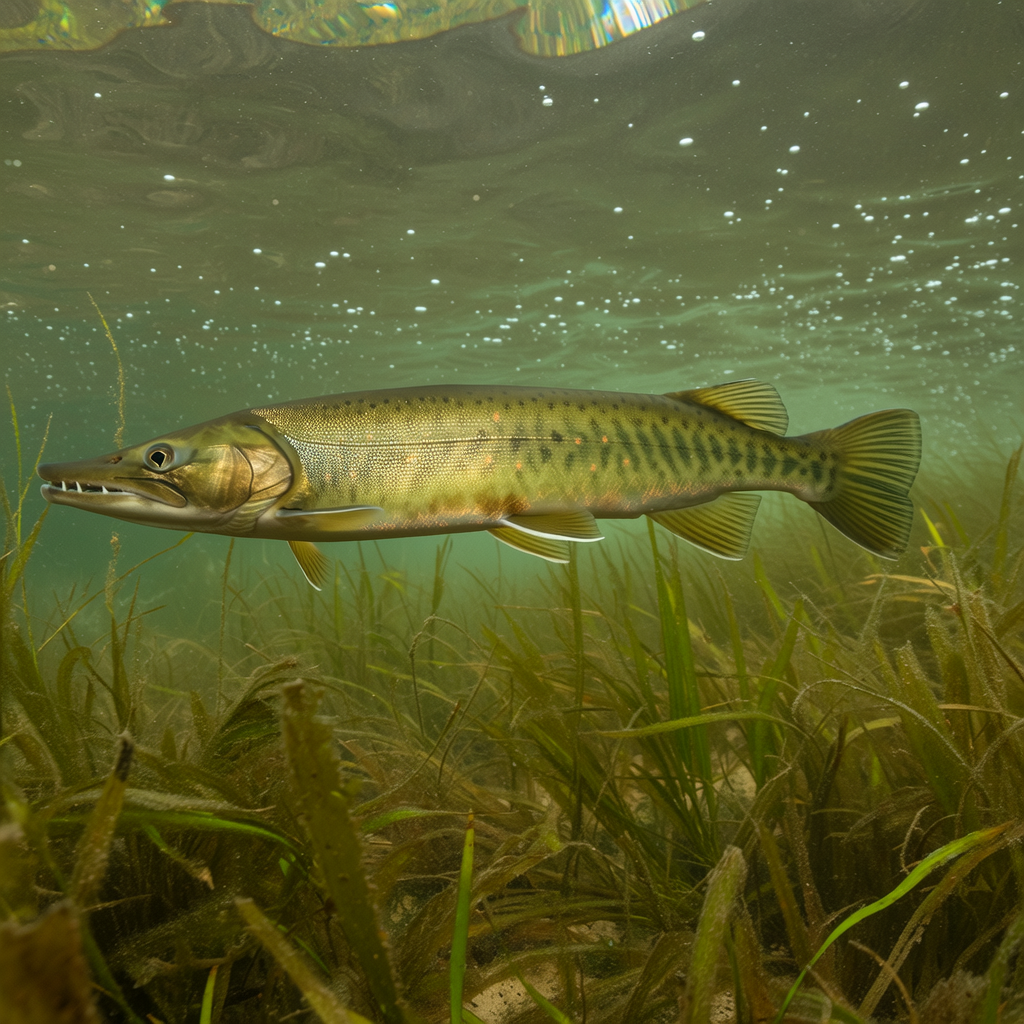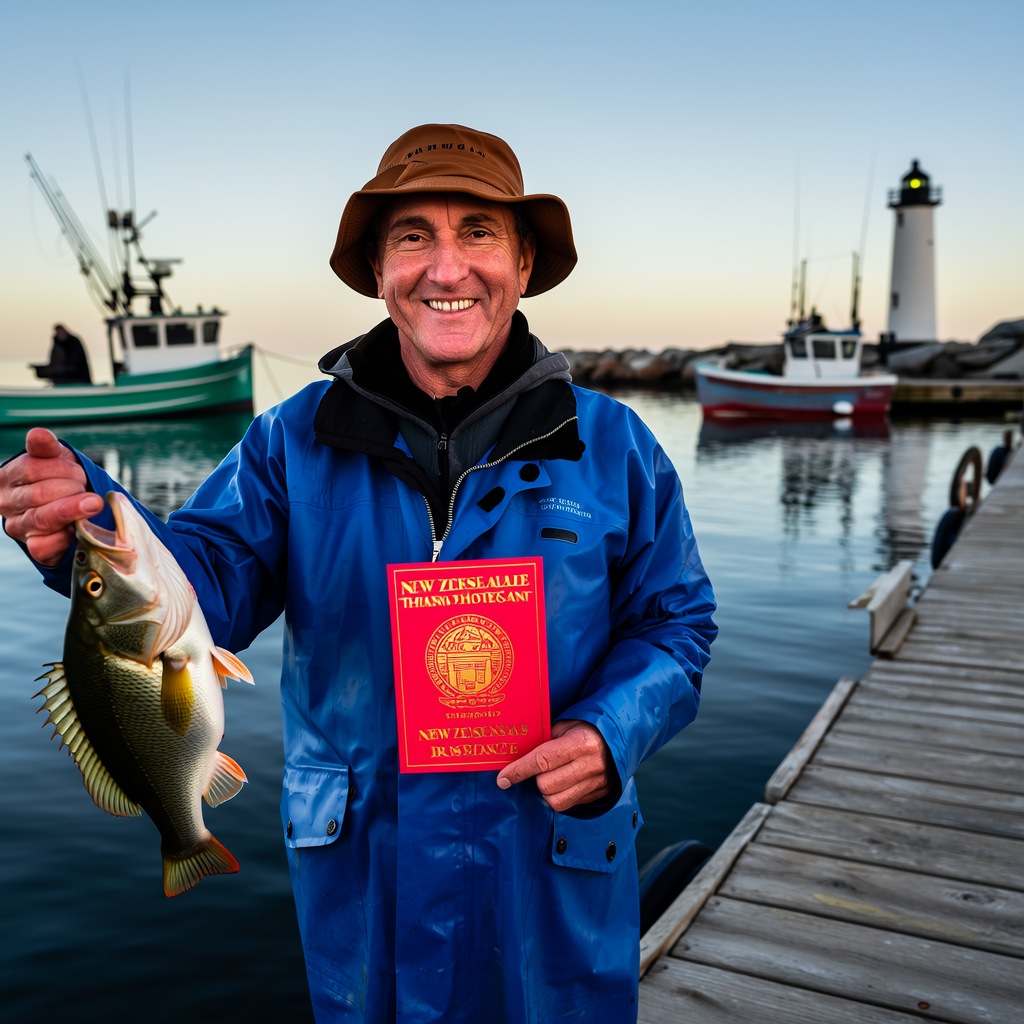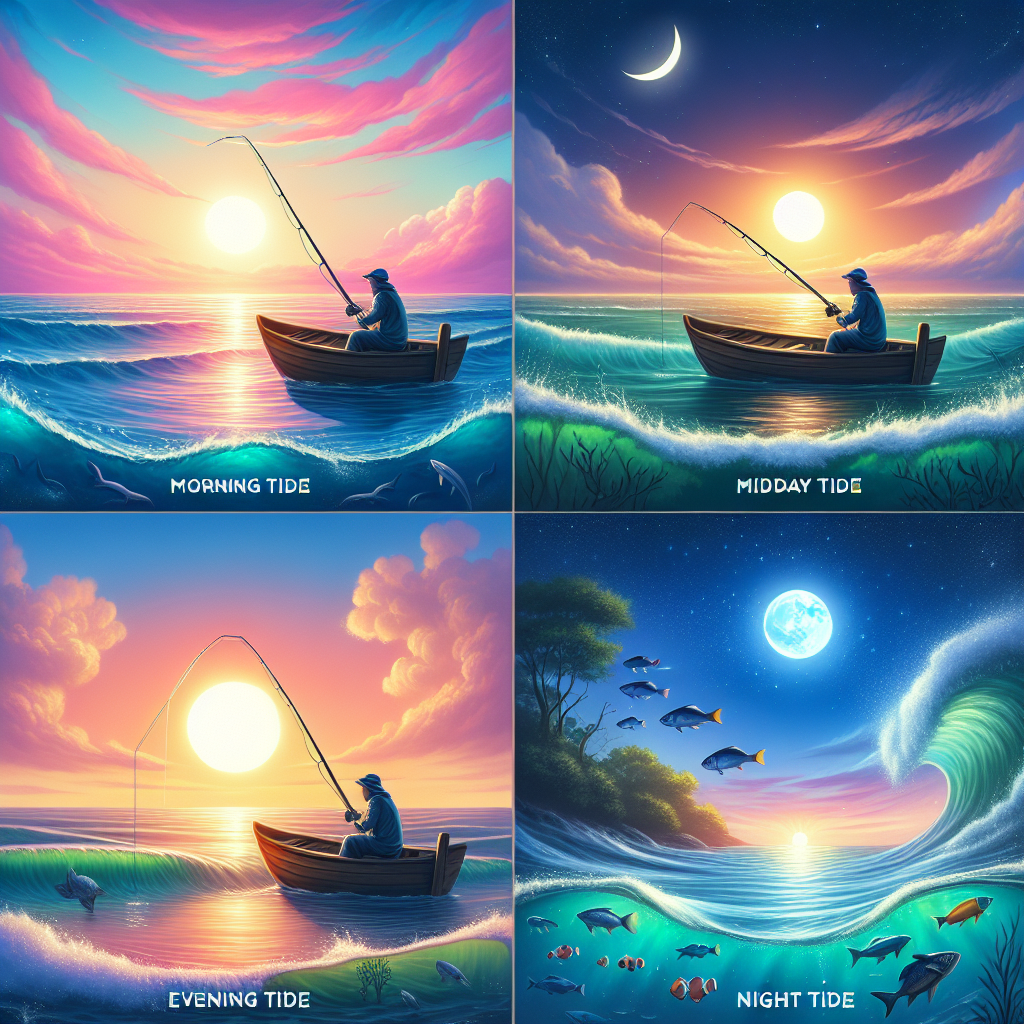A fishing license is essential for any West Virginian who enjoys fishing. A fishing license is necessary to ensure the sustainability of fish populations in the state, whether you prefer to cast your line in one of its many lakes, rivers or streams. This comprehensive guide will cover the details of WV fishing licenses, including how to get one, the types available, and important rules to remember.
Why You Need A Fishing License In WV
Before we get into the details of fishing licenses let’s first understand why they are needed. Fishing licenses play a crucial role in maintaining the ecological balance of West Virginia’s water bodies and conserving fish populations.
A fishing license allows the state to monitor and manage the fishing activities. This ensures that the resources are being used sustainably. It helps to prevent overfishing, maintain fish populations at optimal levels and control invasive species. The revenue generated by the sale of fishing licenses is also used to support conservation efforts and habitat protection in the state.
Types of fishing licenses in West Virginia
West Virginia offers a variety of fishing licenses that cater to different needs. These licenses vary in terms of cost, validity, and duration. Here are the different types of WV fishing licenses:
1. Resident Fishing License
Residents of West Virginia aged 15-64 years can obtain a resident fishing license. The license allows them to fish recreationally in the waters of the state. The license can be purchased for a year, a short term, or a daily basis, giving anglers the flexibility they need to choose their preferred duration.
a. Annual Resident Fishing Licence
The annual resident fishing permit is valid for a year from the date purchased. It provides unlimited fishing in West Virginia’s rivers, streams, and lakes. Anglers are able to enjoy the sport all year round without having to renew their license frequently.
b. Short-Term Resident’s Fishing License
The short-term resident license is a good option if you are planning to fish in West Virginia only for a short period of time. The license is valid for a period of one to three days. This allows non-residents to enjoy the state’s outstanding fishing destinations.
c. Daily Resident Fishery License
The daily resident fishing permit is perfect for West Virginia residents who fish occasionally. This license allows you to fish for one day without committing for a longer period of time. This license is ideal for those who fish infrequently or temporarily visit the state.
2. Non-Resident fishing license
Non-residents of West Virginia may obtain a nonresident fishing license in order to take advantage of the state’s fishing opportunities. Non-resident licenses are available in the same durations as resident licenses.
a. Annual Non-Resident Fishery License
The annual non-resident license is a great option if you plan to fish frequently in West Virginia as a non resident. This license allows you to fish for an entire year in the state waters, giving you plenty of time to explore the beautiful lakes and rivers. This license is very popular with out-of-state fishermen who visit West Virginia frequently.
b. Short-Term Non Resident Fishing License
The short-term nonresident fishing license is for individuals who want to fish in West Virginia only for a short period of time. The license is valid for up to three days consecutively, making it a great choice for tourists and anglers who are visiting West Virginia for a short vacation.
c. Daily Non Resident Fishing License
If you’re a non-resident fisherman who plans to fish in West Virginia for just one or two days, the daily nonresident fishing license will be the best option. It allows you to fish without having to commit to a long term license.
3. Senior Fishing License
West Virginia offers reduced fishing licenses to seniors 65 years of age and older. Senior fishing licenses give them the same privileges that regular resident licenses. The lower cost of the license encourages older anglers to enjoy their hobby even after retirement.
4. Junior Fishing License
West Virginia offers a junior fishing permit for young anglers who want to improve their fishing skills and get involved in the sport. Residents aged 8-14 years can apply for this license. This license allows residents aged 8 to 14 years to explore the fishing opportunities in the state under the supervision of an adults, encouraging a love of fishing at a young age.
5. Native American Hunting and Fishing License
The West Virginia Division of Natural Resources offers a special hunting license and fishing permit for Native Americans who belong to federally recognized tribes. This license allows Native Americans the opportunity to exercise their traditional rights of hunting and fishing in accordance with tribal law and regulations.
How to Get a Fishing License In West Virginia
The process of obtaining a fishing permit in West Virginia is simple. The West Virginia Division of Natural Resources offers multiple convenient ways to obtain a fishing license.
1. Online Shopping
The WVDNR online licensing system is the easiest and most convenient method to obtain a WV fishing license. Navigate to the fishing licenses section on their official website. You can then select the license type you need, enter the required details, and make the payment online. You will receive an electronic copy of your license that you can print or save on your mobile device.
2. Authorized Agents
You can also get your fishing license by visiting any of the authorized agents in West Virginia. These include sporting good stores, bait and lure shops, and other establishments. The WVDNR partnered with these agents in order to make the process of obtaining a fishing license more convenient and accessible for those who do not wish to purchase their licenses online. You will receive your fishing license in a physical form if you provide the required information, along with payment.
3. WVDNR District Offices
WVDNR district office staff can also assist with fishing licenses. You can also visit a district office if you prefer a personal approach and would like to interact directly with WVDNR staff. The staff will help you choose the right license type, verify that all details are provided and issue your fishing permit on the spot.
Fishing Regulations & Ethics
As responsible anglers it is important that we are familiar with fishing regulations and ethical guidelines to ensure the sustainability and health of fish populations. Let’s look at some of the important regulations enforced in West Virginia by the Division of Natural Resources.
1. Fishing seasons and harvest limits
West Virginia has different fishing seasons for each species of fish, with some periods designated as closed season. To ensure compliance, it is important to be familiar with these seasons. To prevent overfishing, and to maintain the ecosystem’s balance, each species of fish has predefined harvesting limits. It is vital to keep up to date with these limits in order to comply with regulations.
2. Size Restrictions
West Virginia has size restrictions on certain fish species. These restrictions determine the minimum size of a fish that can be legally harvested. It is important to accurately measure the fish and release the undersized ones into the water in order to ensure their reproductive abilities and contribute to the sustainability and growth of fish populations.
3. Fishing methods and gear
West Virginia has strict regulations on fishing gear and methods to protect fish populations and habitats. It is important to be familiar with these regulations, and to use fishing gear and methods that are approved. This includes using catch-and release practices when necessary, and avoiding the usage of prohibited gear or methods that endanger or harm fish populations or their environments.
4. Catch-and Release Practices
The conservation and preservation of fish populations is a priority when using catch-and-release techniques. The practice involves releasing the fish unharmed back into water, allowing it to grow and reproduce. It is not mandatory to release all species into the water, but it is a responsible and ethical practice that should be adopted whenever possible, particularly for rare or endangered species.
5. Fishing Ethics
It is important that anglers practice responsible fishing and adhere to ethical standards. This includes respecting the fishing regulations, avoiding trash, using biodegradable gear, and respecting other anglers’ and property owners’ rights. Anglers have a responsibility to ensure a positive, sustainable fishing experience for everyone.
Conclusion
In West Virginia, obtaining a fishing permit is not only a legal requirement, but also a great way to contribute to the conservation of fish populations and eco-systems. Understanding the different licenses, regulations, and fishing ethics are essential for a fun and responsible fishing experience. Grab your fishing license and discover the many fishing opportunities West Virginia offers!
Visit the official website of West Virginia Division of Natural Resources for more information about fishing licenses, regulations and useful tips to anglers.




